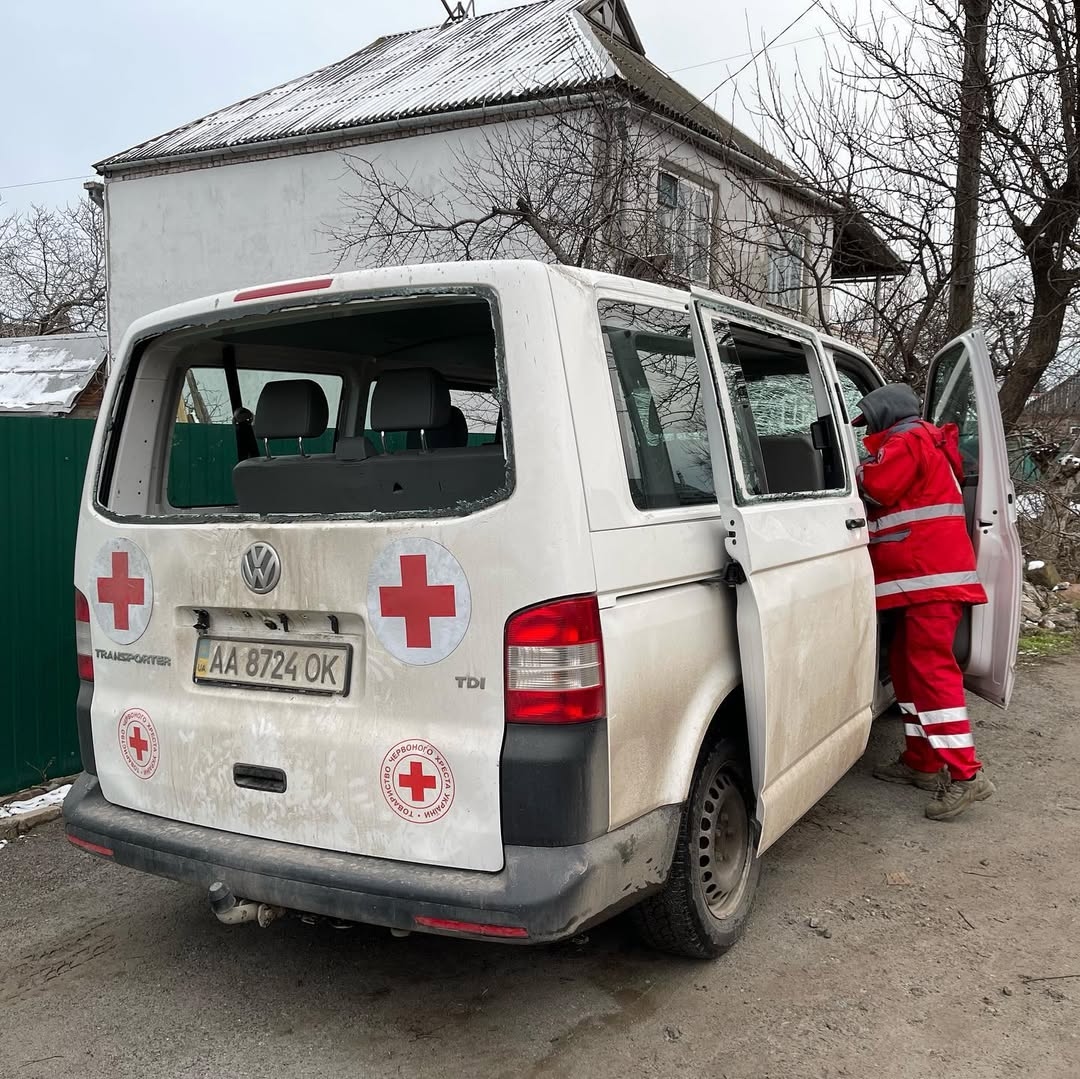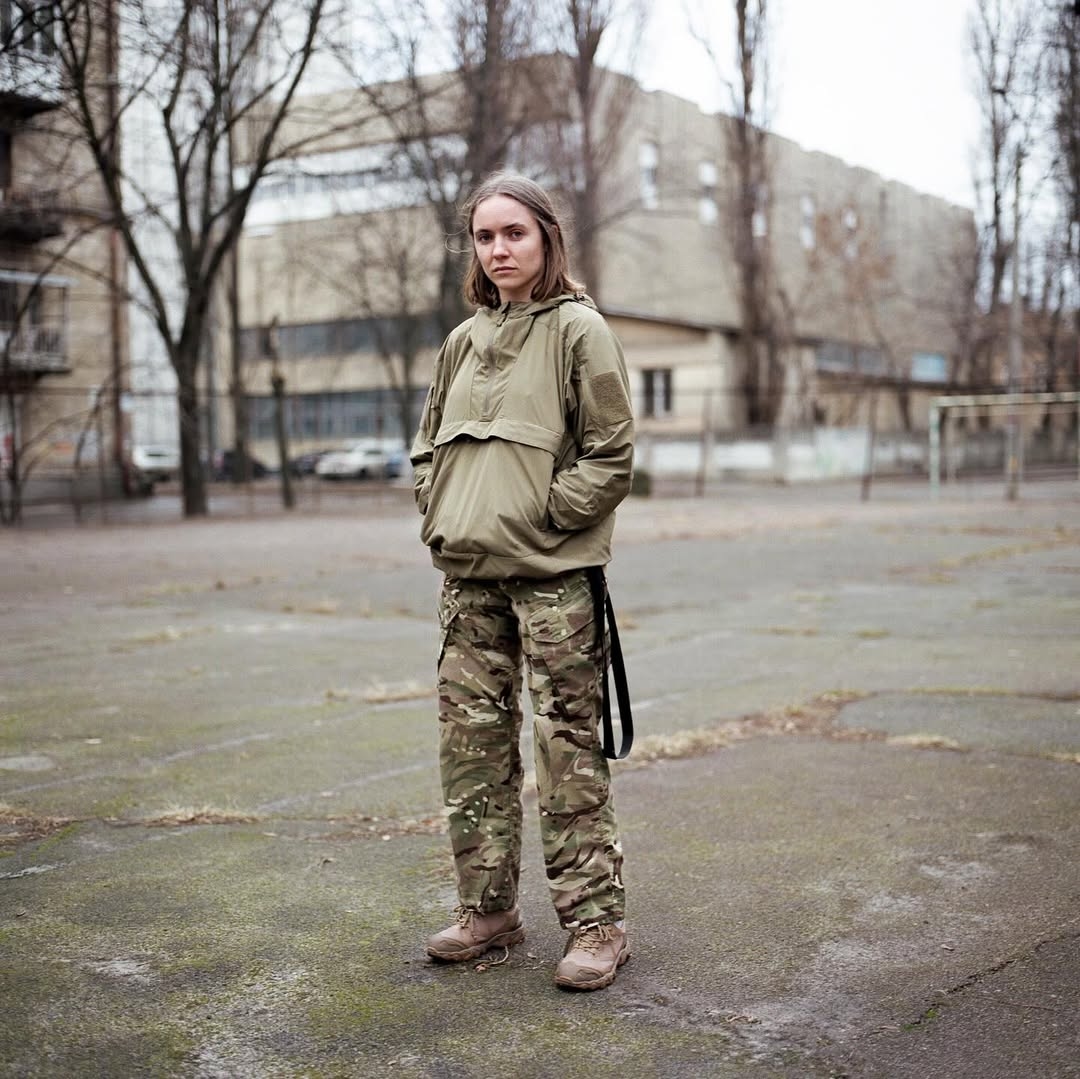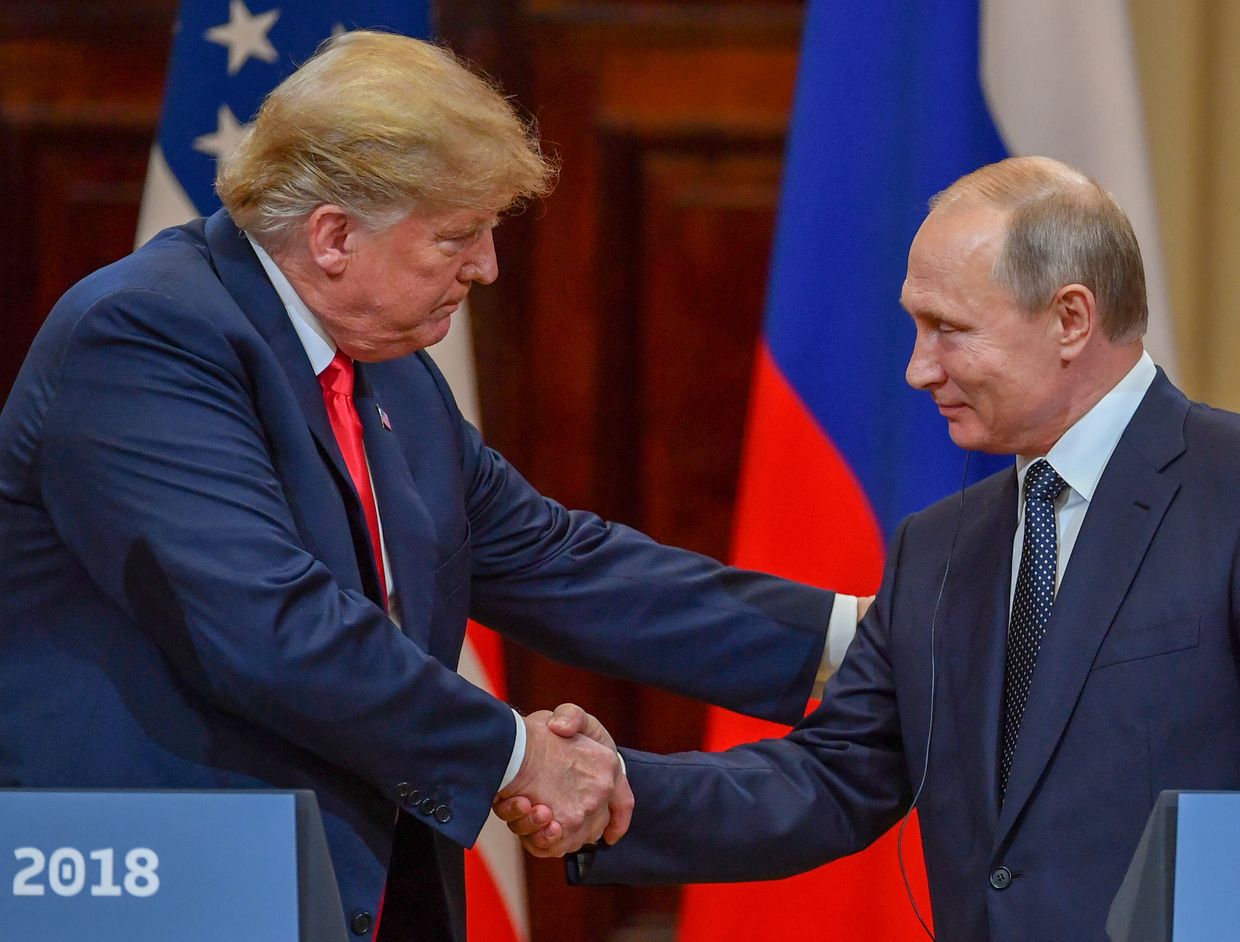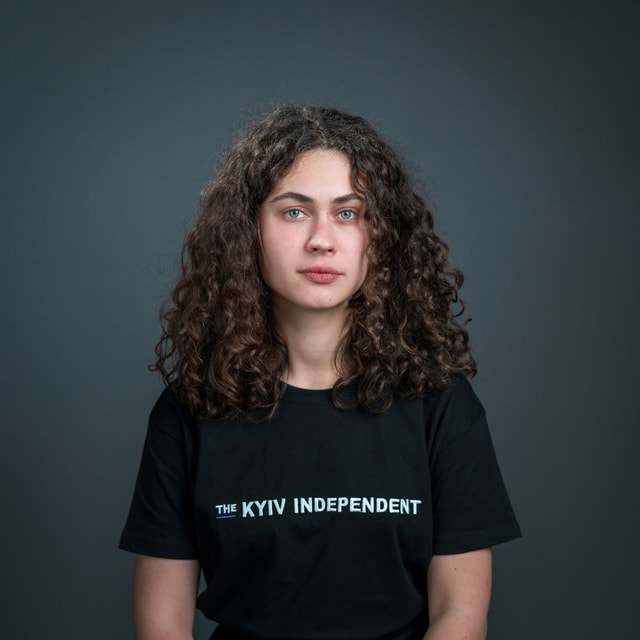Ukrainian soldiers on fighting to reclaim their homes from Russia
For Ukrainian soldiers born and raised on lands occupied by Russia, the fight for their home is deeply personal.

The collage of the recent and archival photos of the Ukrainian soldiers born and raised on lands currently occupied by Russia. (Anastasiia Verzun / The Kyiv Independent)
Editor's note: The following article contains strong language. Some soldiers are identified by first name or callsign only for security reasons.
For Ukrainian soldiers born and raised on lands occupied by Russia, the fight for their home is deeply personal.
So much so that some say their decision to serve was driven by a desire for revenge as by a sense of civic duty and justice.
The issue of formally conceding occupied territories to Moscow figures continues to figure centrally in peace negotiations between the U.S., Ukraine, and Russia. For these soldiers, the loss of these territories would mean the loss of their homes, their memories, and the futures they dreamed of.

'Lilit,' Donetsk Oblast
Nicol Marie, callsign Lilit, 21, was born in the city of Donetsk, occupied by Russia since 2014. When she was four, her family moved to Siversk, a small town near Bakhmut in Donetsk Oblast.
After Siversk was briefly occupied from April to July 2014, her family fled to Ukraine's west.
"My father said we'd return home in a month — that month lasted 10 years," Lilit said, referring to Russia's 10 years of aggression against Ukraine before the start of the full-scale invasion.
Lilit went to Siversk every summer to visit her relatives and attend Baptist summer camps. Her uncle was a deacon in a local church.
"I called him Papa Misha, 'cause he was like a second father to me. He died in 2022 in an air strike in a neighboring yard."
When the full-scale war started, Lilit was 17. Her home in Siversk was under Russian attack again. She joined the Rubizh Brigade in 2024, where she now serves as a drone operator. Her two brothers also serve in the military.
Before enlisting, she went to Siversk to provide aid and evacuate people. There, she saw the ruins of her house, church, and the streets of her childhood.
"I have a crazy dream — to fight near my home, the town where I took my first steps, and where I may take my last," she said.


'Historian,' Crimea
Oleksandr Andrievskyi, callsign Historian, 31, was born in Crimea. He was always drawn to Crimean history and its ancient sites, such as his favorite, the Genoese fortress in Sudak.
In 2014, when he was just a 19-year-old history student in Kyiv, Russia occupied Crimea. He decided to join one of the Armed Forces' volunteer battalions and fought in Pisky near the Donetsk airport.
"My motivation to fight is consistent: it's my civic duty and desire for revenge," he said.
After returning from the front in 2021, Historian and his wife, Diana Andrievska, founded the 'Stiletto and Stylus' publishing house, which published a poetry collection about Crimea and the Ukrainian south.
In 2022, after Russia launched its full-scale invasion, Historian rejoined the army, serving in the 47th Separate Mechanized Brigade.
Historian takes a more pragmatic view on retaking Russian-occupied territories by military force, seeing firsthand the losses incurred just to advance mere kilometers when he was fighting near Robotnyne.
"Talking about going back home (in Crimea) does not make much sense, at least for now; we need to hold on to what we have."

'Raven' and his daughter Ksenia, Luhansk Oblast
Vyacheslav Kyshychenko, 55, a soldier with the callsign Raven, lived most of his life in Komyshuvakha, a rural settlement in Luhansk Oblast. There, he had a business, participated in local protests during Ukraine's 2014 EuroMaidan Revolution, and ran for a seat in the local council.
Raven's ancestors have lived in the region for generations. Some of them fled to the city of Luhansk during the Holodomor, a man-made famine of the early Soviet period.
"Imagine the feelings of my son when he stands in front of the 19th-century graves of our five generations back ancestors, in Luhansk Oblast? And he knows for sure that this is his land, the land of Ukrainians," he said.
Raven fought for his homeland twice, in 2014 and 2022. Komyshuvakha was first occupied by Russia for two months in 2014, after which Raven joined the Donbas Battalion that helped to liberate his home village later in 2015.
After liberation, Raven demobilized, and his family returned to the village. In 2022, he rejoined the army, this time with the 18th Sloviansk Battalion, and again fought for his native Luhansk Oblast.
"My house burned down from a direct hit. I saw it in a video posted by civilians. I could see perfectly how my gorgeous Sauvignon grape arches were hit. I made champagne from them in 2021. (My daughter) praised it a lot."
Raven's daughter, Ksenia Kyshychenko, 24, joined the military this year. "My motivation is simple: my country needs to mobilize its citizens, and I am a citizen," she said.
"I'd like to go back home just to feel what it's like. I guess it will be painful because the house, the entire surrounding area is destroyed — but I'd still be glad to see even the grass growing there."

'Wave,' Donetsk Oblast
Oleksadra Vazianova, 26, is a servicewoman with the call sign Wave, which reflects her childhood spent in the coastal city of Mariupol, Donetsk Oblast, and her love of boat racing.
After attending university in Kyiv, Wave returned to Mariupol in 2021 and began renovating a new apartment. She planned to finish by April 2022.
As Russia's brutal siege on the city worsened, her family managed to escape, fleeing to Kiel, a port city on Germany's Baltic Sea coast, where Wave was able to sail again.

"I really wanted to see Marik (an endearing term for Mariupol) again. But I was sitting on my ass in Germany and wanted someone else to fight for my land. I thought, well, that's a fucked-up position, and I don't want to be a fucked-up person," Wave said.
She returned to Kyiv in 2023, where she worked at the Prytula Foundation, a fund that helps the Ukrainian military and civilians. She later joined a brigade of Ukraine's National Guard.
"I joined the army to restore justice, because what was happening in Mariupol was absolute injustice. The death of people who could do nothing about it…"


'History,' Zaporizhzhia Oblast
A soldier with the callsign History, 19, lived his whole life in Berdiansk, a city on the Azov Sea coastline in Zaporizhzhia Oblast.
History was just a teenager when the Russian army occupied Berdiansk in February 2022. He survived the occupation and managed to leave the city in May 2022.
"Home is a place where I feel comfortable, and after the occupation, it's hard to call any particular city or house 'home.' After leaving, I never really figured out what home is," he said.
After coming of age, he joined the Ukrainian army in November 2024 and is now an operational officer in a National Guard brigade.

What motivates History to fight is a desire for revenge for his home city.
"I am fighting for every city and village that can be liberated or defended, regardless of the region."
Note from the author:
Hi, this is Yuliia. Thank you for reading this article. It is important for us to give Ukrainian voices when the world leaders perceive Ukrainian sovereignty as something that can be traded. If you want more articles like this, consider joining our community today.










